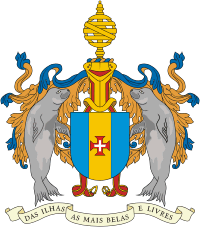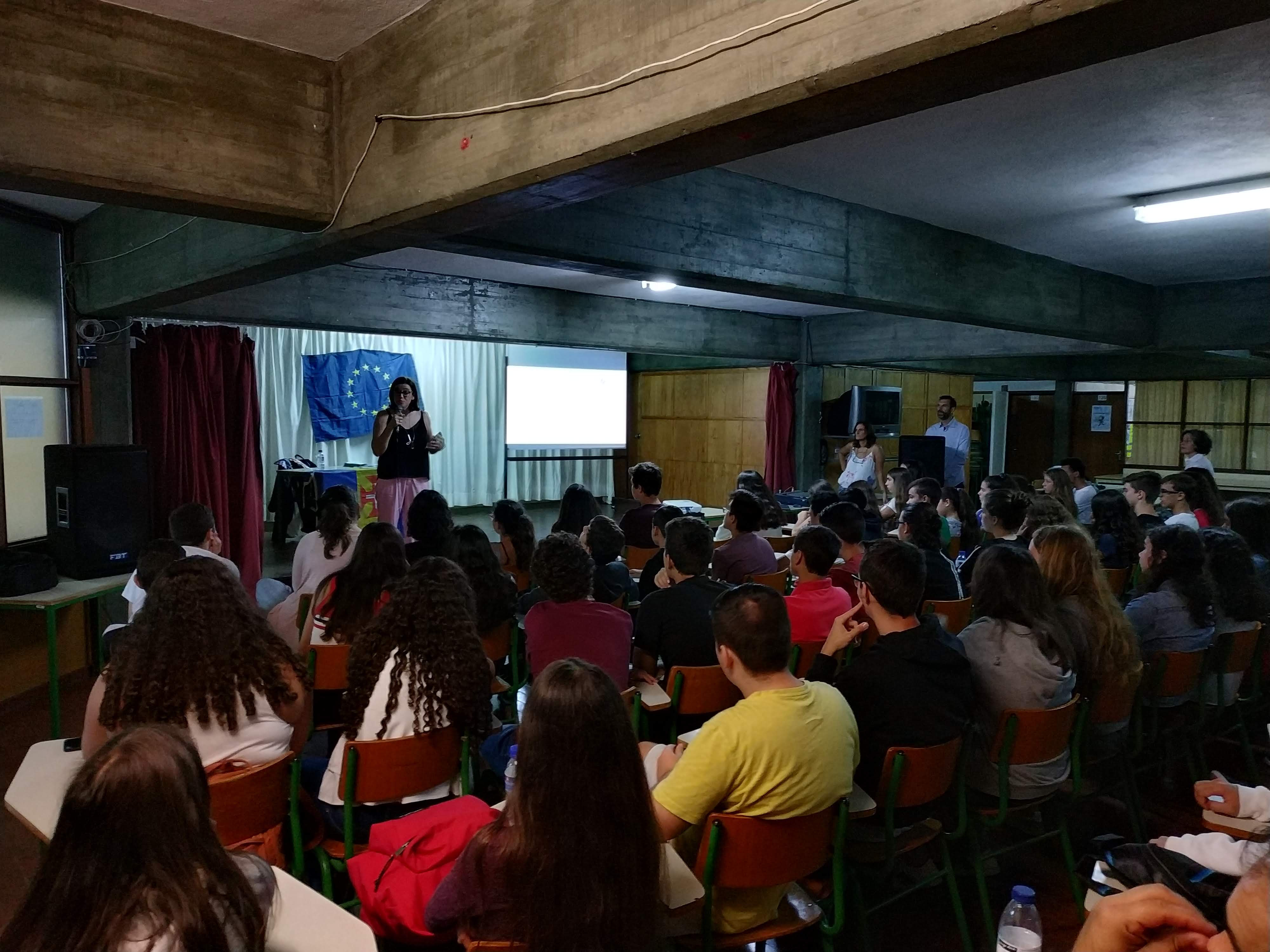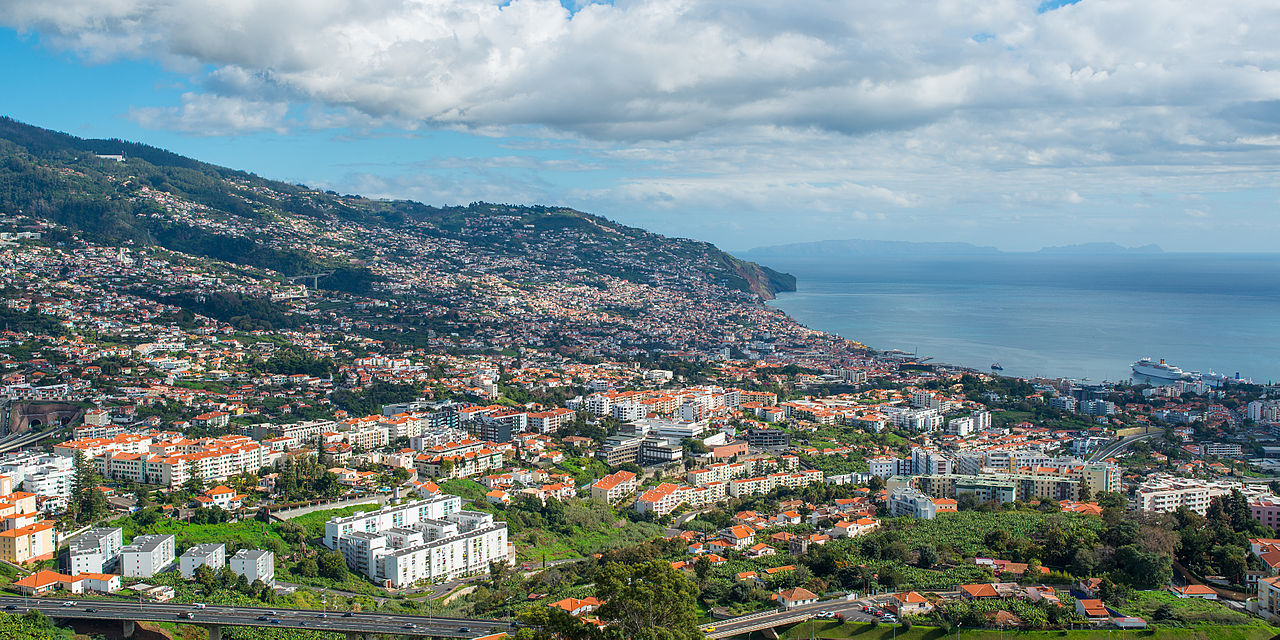





Escola BS Gonçalves Zarco is a post elementary and secondary school, created in 1968. Today it
has about 1520 students, whose age ranges from 10 to young adults and about 130
adult students who attend night classes. Its curriculum offerings cover several levels within the
regular compulsory school attendance (from 5th to the 12th grade), but it also offers vocational
courses and night classes for adults. The majority of its students apply for general studies degrees.
But recently, considering that the school is located in an economically disadvantaged suburban area
of Funchal city (the great majority of its students come from low-income families, and most parents
have only completed elementary school levels), the school has been paying greater attention to the
vocational guidance of its students and started to develop more vocational training courses,
according to the guidelines of its Educational Project. Most of the students, who attend these
technical degrees, are economically disadvantaged, and because of that they are supported and
followed by social welfare. The School’s Educational Project also diagnosed that it needed to
improve pupils’ learning outcomes, establish school attendance strategies and implement measures
to prevent the dropping out of students who leave school even before they complete their
opportunities for later job search. The motivation of our school comes specialy from the fact that we
have a regional and peripheral condition, which put us sometimes outside of the decisions made at
the national level, in the specific case of the project theme, programs of schools subject have few
references to the region, a situation that is being overcome in our school, with dynamics created by
the teachers, such as the Portuguese Language, Natural Sciences, History, Geography, of Musical
Education among others, in which they end up voluntarily including their regional practices in their
educational practices. The responsibility for the project will be David Leça, but the work will be done
by a multidisciplinary team working on the project, with experience in Eramus projects, and at the
school of topics related to the promotion of local and regional content, with a varied agenda ranging
from the works in the classroom, through teacher training and lectures and conferences to promote
initiatives and practices in defense, promotion and enhancement of the study of regional and local
issues. The teachers of the team that will implement the project are also involved in these projects at
the school and some even at the regional level, as it replicates their work in schools in the region.





video about Madeira